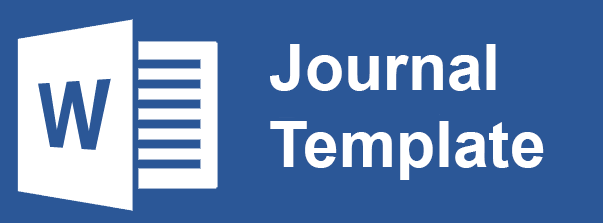Jurnal Komplikasi Anestesi is a national, open access, multidisciplinary, and peer-reviewed journal. We aim to publish research articles, case report and reviews on anesthesiology practice.
Published three times a year on research, case report and review articles topics about anesthesiology and intensive therapy as its main scope. This includes:
- Anesthesiology practices.
- Case reports
- Complication of anesthesiolgy
- Review in articles
Section Policies
Editorial
Original Research Articles
Case Study Articles
Review Articles
Peer Review Process
JKA undergo a double blind review. After a manuscript is submitted and accepted, it is reviewed by the editor. If the manuscript goes in accordance with the JKA’s scope, it is sent to 2 reviewers. Reviewers will conduct a review process for a maximum of 2 weeks.
Reviewers have the right to decline a submitted manuscript (decline submission). If both of reviewers reject, then the manuscript will be rejected (rejected submission). If one of the reviewers rejects, the editor will add one more reviewer. If the additional reviewer accept it, then the manuscript will be accepted, but if it still rejected, then the manuscript will be a rejected submission.
After reviewing process is done, the manuscript that is received will be returned to the author for revision and the author can send the revised manuscript back. Editors will perform the last review before the layout process. Before being published, the author will receive a ready-to-be-issued manuscript for approval.
Publication Frequency
Jurnal Komplikasi Anestesi three times a year (March, August, and November).
Open Access Policy
JKA provides immediate open access to its content on the principle that making research freely available to the public supports a greater global exchange of knowledge.
Archiving
This journal utilizes the PKP PN system to create a distributed archiving system among participating libraries and permits those libraries to create permanent archives of the journal for purposes of preservation and restoration. More...
















